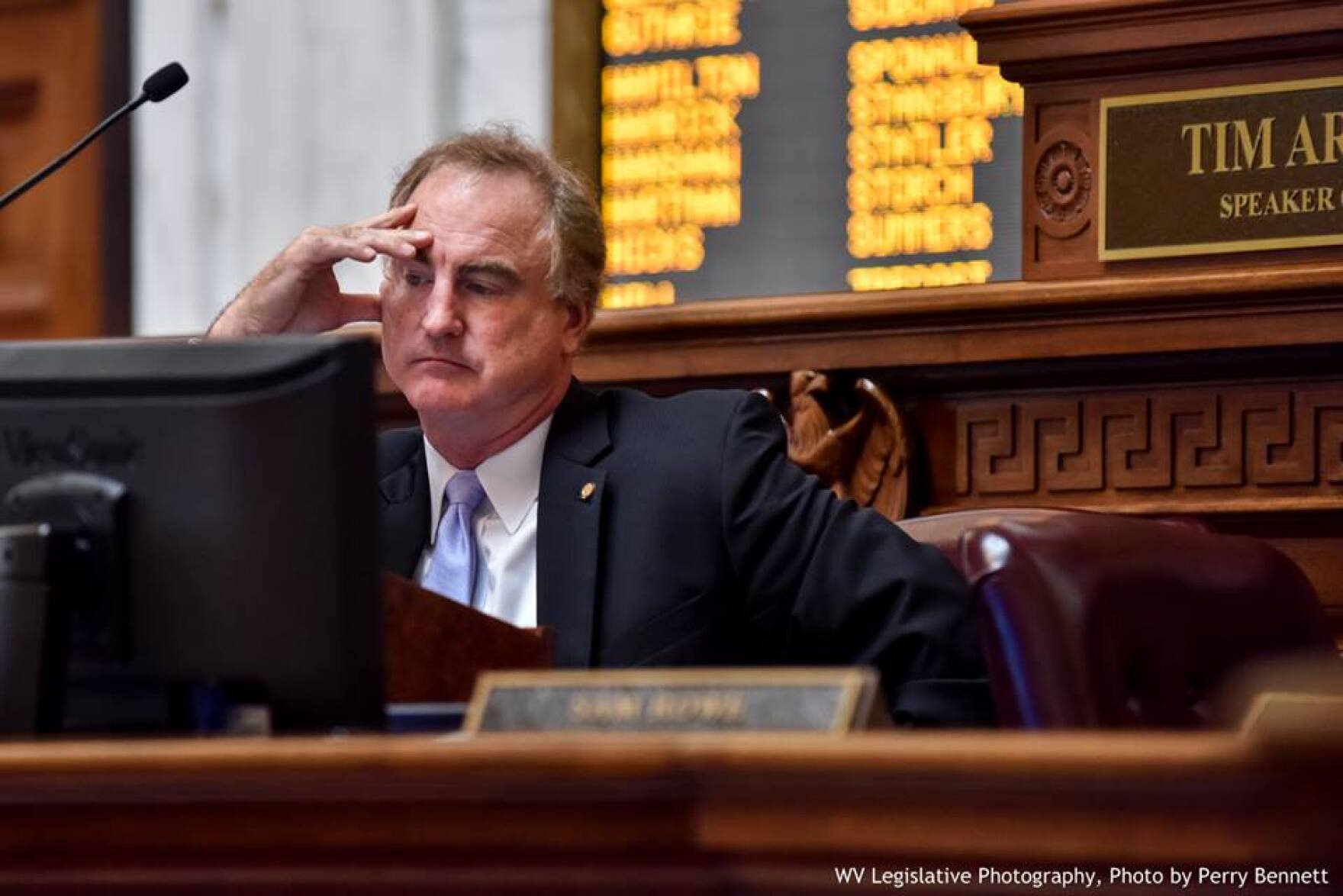In Governor Earl Ray Tomblin’s State of the State address last week, he proposed budget cuts all across the board, and Higher Education is looking at another big reduction this year.
For years, Higher Education in West Virginia has endured budget reductions from the state legislature. Some representatives from the state’s public universities have voiced concern that lawmakers aren’t taking the cuts and their impacts on the system seriously, and with a proposed 14 million dollar cut by Governor Tomblin again this year, they’re not feeling much better.
Concord University President Kendra Boggess, says the continual cuts make it difficult to keep West Virginia schools competitive because they often result in the cutting of classes or student activities.
Lawmakers have consistently stated that higher education is important to have a successful workforce and to improve population growth, so why do these budget cuts keep happening year after year? Boggess argues it has to do with the way the state code is written.
“We are not one of those budgetary areas that can go without being cut,” Boggess explained, “I mean, there are certain things like public education, K-12; in the code it mandates a certain amount be spent on schools of that, those schools, but we’re not in that, and so we are one of the areas that can be cut when there are inadequate budget, when the budget hasn’t been met.”
As a response to the budget cuts, many universities and colleges in the state have increased tuition. Boggess warns tuition hikes could result in losing potential students or force students to drop out.
In a report released last May, the West Virginia Center on Budget and Policy said schools have increased tuition by 32 percent since the 2007-2008 school year.
Ted Boettner, the center’s Executive Director, notes that the state has the lowest share of citizens with bachelor’s degrees or higher. He suggests the state raise money by closing tax loopholes.
“If you go get your hair cut today, you’re not going to pay a sales tax at the barber, but if you, you know, buy a book at the bookstore, you’re going to pay sales tax,” Boettner explained, “so I think we have to make sure that we’re treating everybody fairly, and we also, when we look at tax increases that we don’t just think about taxing low and moderate income families, but that we also point to the people who have got the most out of economic growth over the last thirty years, and those are the people in the top 1 percent, top 5 percent; I think we need to ensure that they’re paying an adequate share.”
Lawmakers on the House Finance Committee are planning to look closely at legislation that could help improve the budget for higher education institutions, but many say it’s still too early to say what specifically they’ll propose.
“To balance this budget, I mean there’s revenue measures, there’s cuts, can we move other funds around, we’re going to look at anything,” said House Finance Chairman, Delegate Eric Nelson of Kanawha County, “and you know, we’ve got some very needy colleges that are really producing in certain areas of the state that have been underfunded the last three, four years; up in the Eastern Panhandle, when you talk about Blueridge Community College and Shepherd, and we can just go right across the board, so we’ll look at various options and also ask the universities how they can be creative.”
Nelson adds in a tight budget year, his committee will be looking for creative solutions to fund more than just higher education.




















